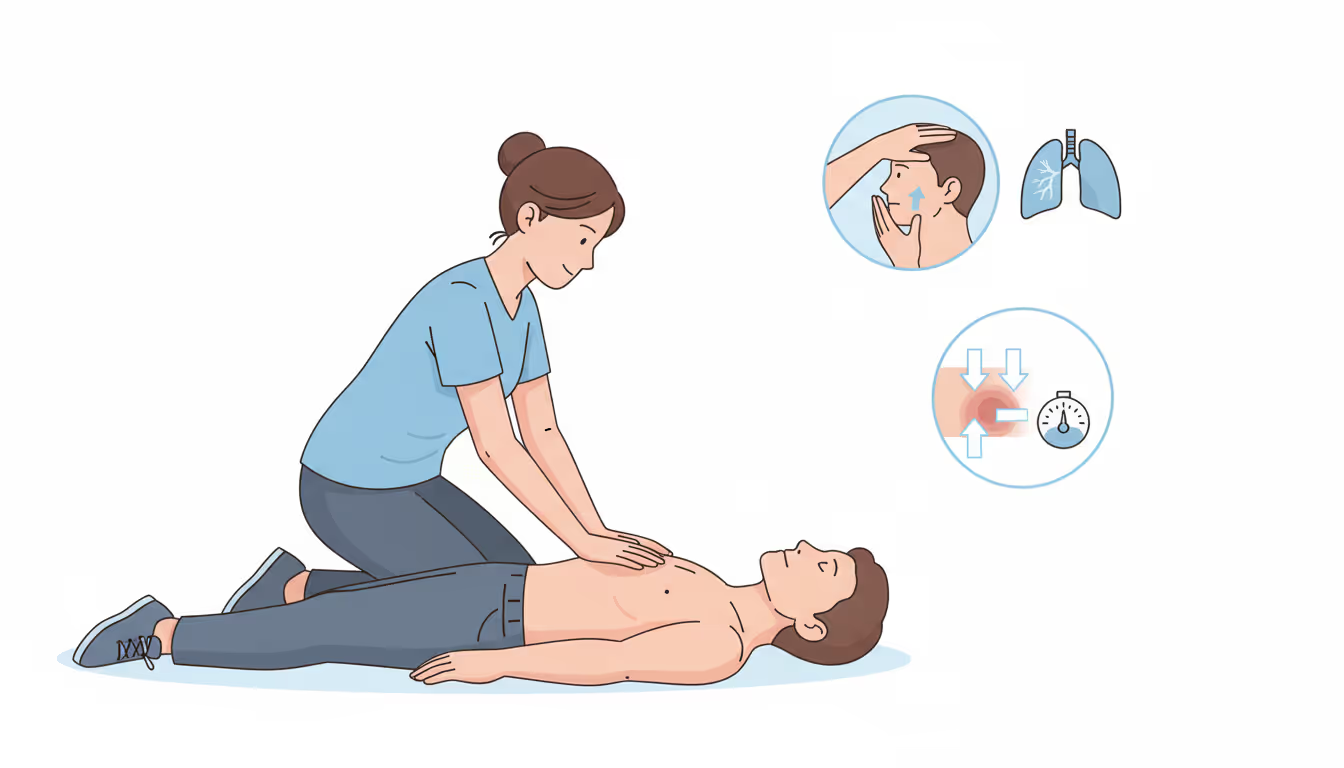
Lipids, commonly known as "fats," can be more precisely described as substances like fats, oils, or waxes that are soluble in alcohol but not in water. They are composed of carbon, hydrogen, and oxygen, with a much lower proportion of oxygen compared to other compounds. Lipids play a crucial role in living cells; along with carbohydrates and proteins, they form the primary components of both plant and animal cells. Examples of lipids include oils and waxes. These substances are easily stored in the body, acting as a fuel source and vital structural elements of cells. The category of lipids encompasses neutral fats, waxes, and steroids (such as cholesterol). Compound lipids, which are lipids combined with other chemical compounds, include lipoproteins, glycolipids, and phospholipids. Etymology: The common term "fat" originates from Old English "faett," meaning crammed or adorned, while the scientific term "lipid" is derived from the Greek word "lipos," which referred to animal fat or vegetable oil.




